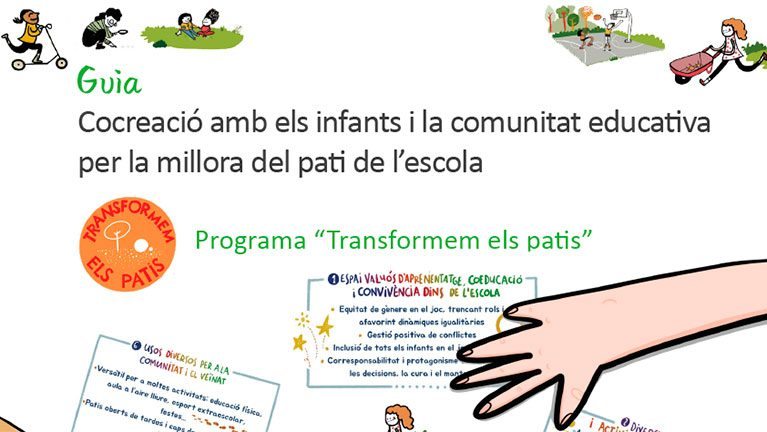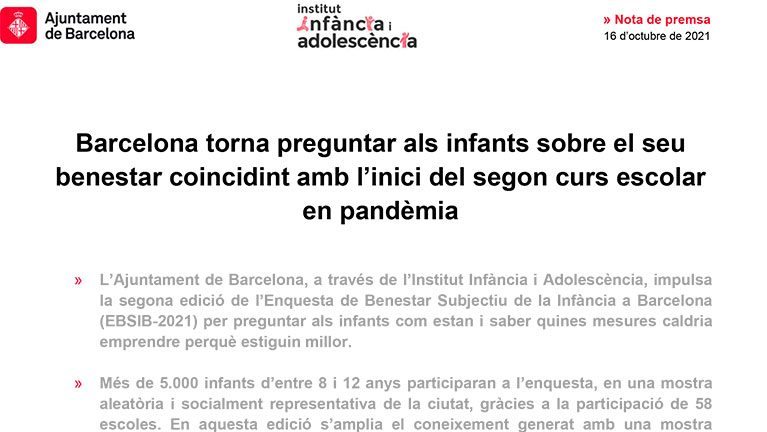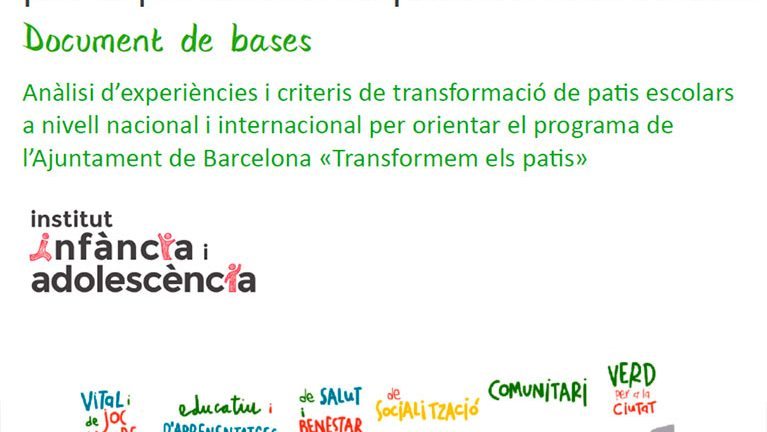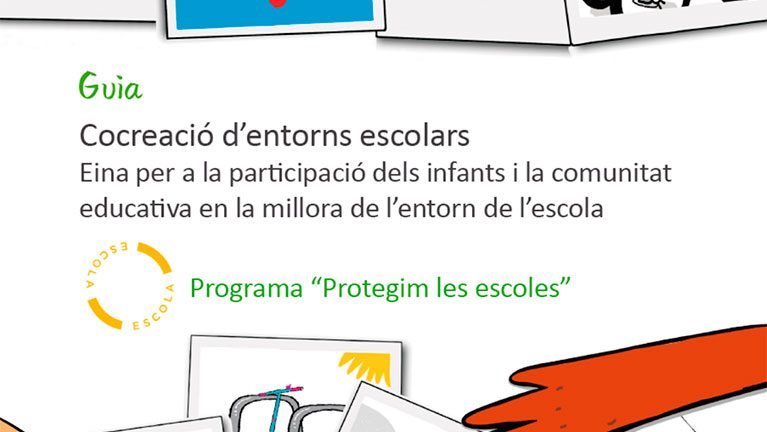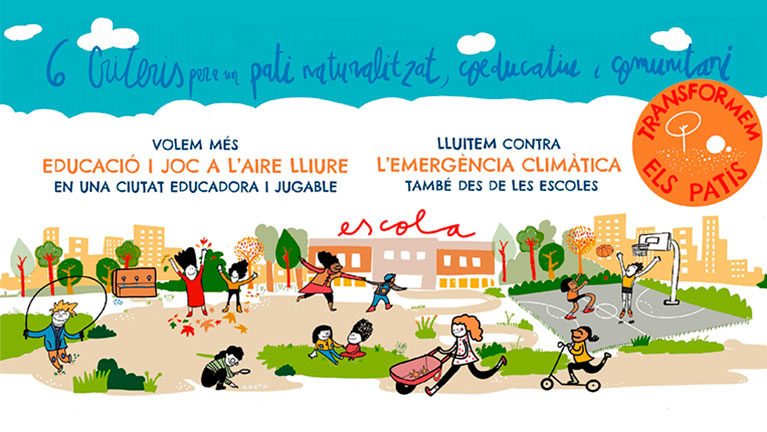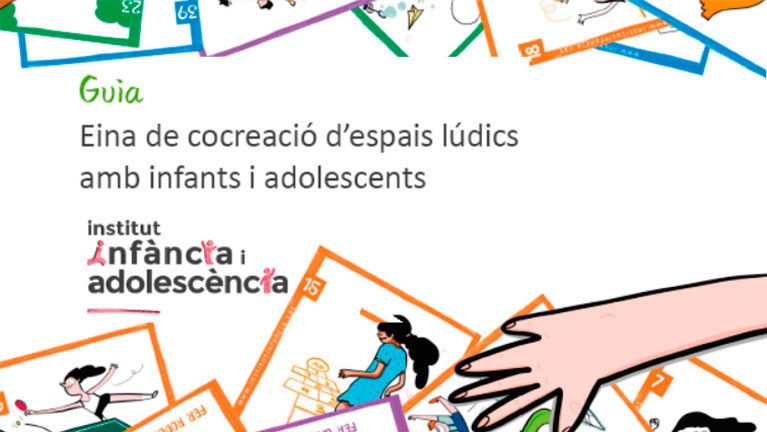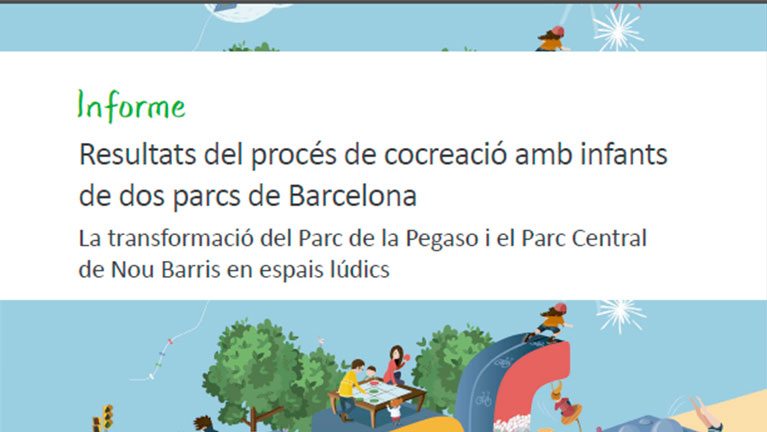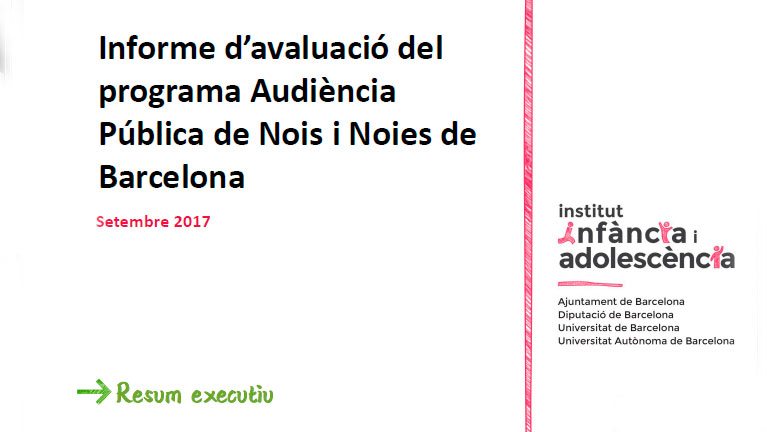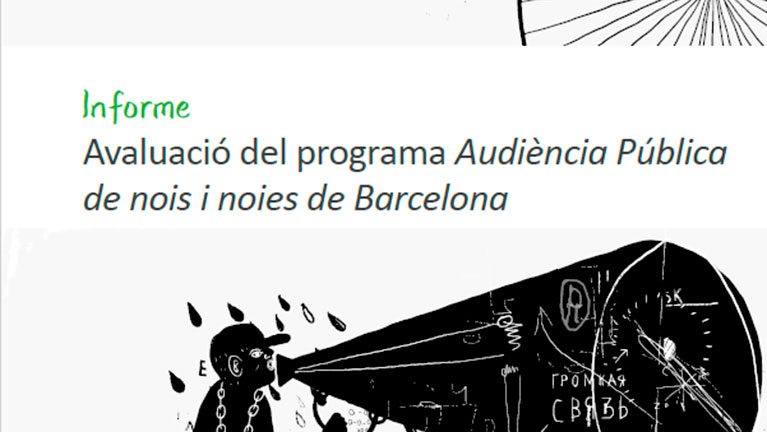Working “from, for and with children and teenagers” is one of the ethical and methodological principles around which the Institute of Childhood and Adolescence has pivoted since its new phase began in 2016, not only as a subject for study and research but also as a principle for action that impregnates all the different projects implemented by the Institute.
And the fact is that, in accordance with the Convention on the Rights of the Child, children have the right to be listened to and for their opinions to be taken into account by adults (Art. 12, CRC). Furthermore, the principle of the right to the higher interest of the child, reminds us that their interests must be prioritised over the interests of adults when making decisions that affect them (Art. 3, CRC). However, there is still a long way to go to ensure that these two rights are duly guaranteed.
One of the formulas for guaranteeing these rights is opening up spaces for participation for children, which can be in any of the following modalities:
- Through stable channels, via bodies, spaces and channels promoted by the public authorities for the purpose of listening to the voices of children and teenagers.
- Favouring the participation of children at specific times, through participatory or co-creation processes whether in the phase of situation assessment, implementation or evaluation of an action, or in decision-making on questions that may affect them.
- Facilitating their spontaneous participation, with practices such as shared responsibility, self-management and appropriation of the space by the children themselves.
With this ethical and methodological commitment we have promoted and/or supported various research studies and co-creation processes with children within our line of work on “Participation of children and teenagers: the voices we must listen to and take into account”.







